
Beauty advice is everywhere. From magazines to social media influencers, we’re bombarded with tips and tricks promising to make us look and feel our best. But not all advice is created equal. In fact, some beauty tips can be downright harmful. Let’s explore some of these misguided practices that you should definitely avoid.
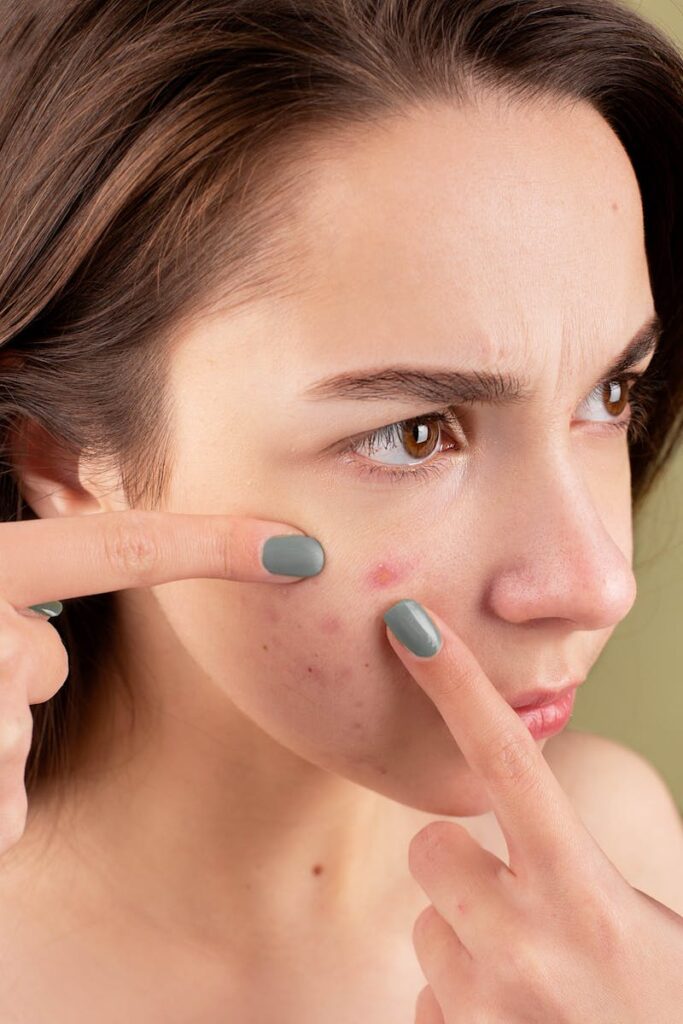
1. **Using Toothpaste for Pimples**: It’s a classic trick that many of us have tried in desperation – dabbing a bit of toothpaste on a pimple and hoping it will disappear overnight. The truth is, toothpaste is not designed for your skin. While it might seem to dry out the pimple, it can actually irritate your skin further, causing redness and peeling. Dr. Mona Gohara, a dermatologist, warns against this practice, noting that the ingredients in toothpaste can disrupt the skin’s natural balance.
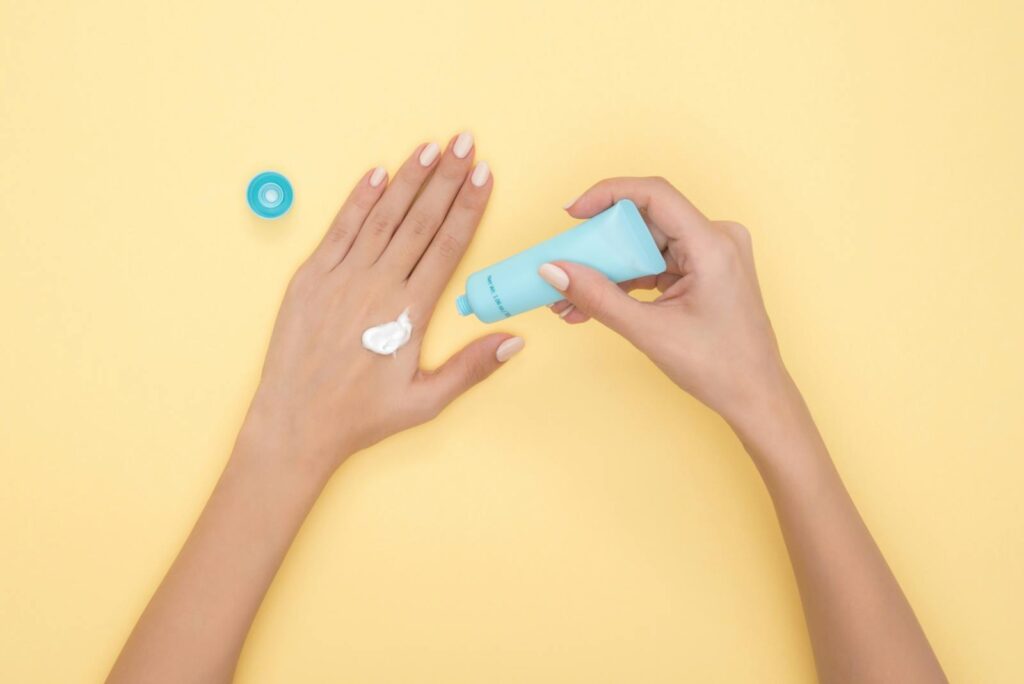
2. **Skipping Sunscreen Indoors**: A common misconception is that sunscreen is only necessary when you’re outdoors. However, harmful UV rays can penetrate windows, leaving your skin vulnerable to damage even when you’re inside. Dermatologist Joshua Zeichner emphasizes that sunscreen should be a daily staple in your skincare routine, regardless of your indoor or outdoor status. Remember, ‘there’s no such thing as a healthy tan‘ – it’s all damage in disguise.
Product on Amazon: EltaMD UV Clear Face Sunscreen SPF 46, Oil Free Sunscreen with Zinc Oxide, Dermatologist Recommended Sunscreen
Price: $44.00
Rating: 4.6 with 44,515 ratings
Brand: EltaMD
3. **Applying Lemon Juice for Skin Lightening**: In the quest for brighter skin, some resort to lemon juice applications. Though natural, lemon juice is highly acidic and can irritate the skin, leading to dryness and even chemical burns. Dr. Shari Marchbein advises against this practice and suggests opting for products specifically formulated for skin lightening and brightening.
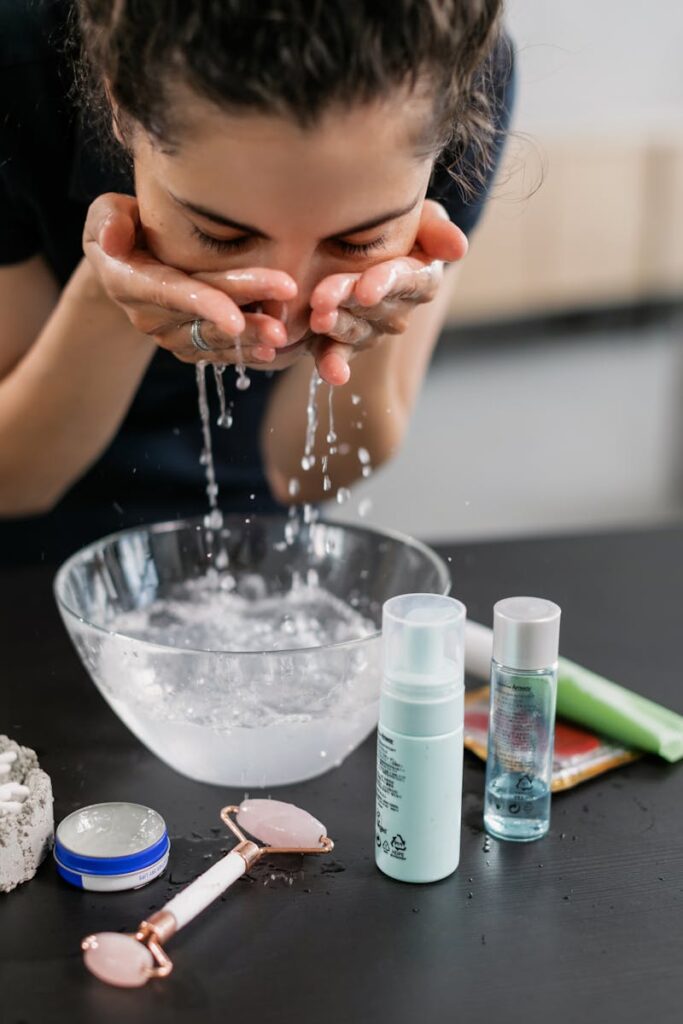
4. **Using Hot Water for Facial Cleansing**: While a hot shower feels relaxing, it’s not the best for your face. Hot water strips the skin of its natural oils, leading to dryness and irritation. Instead, board-certified dermatologist Whitney Tolpinrud recommends lukewarm water for washing your face, which helps maintain the skin’s moisture barrier.
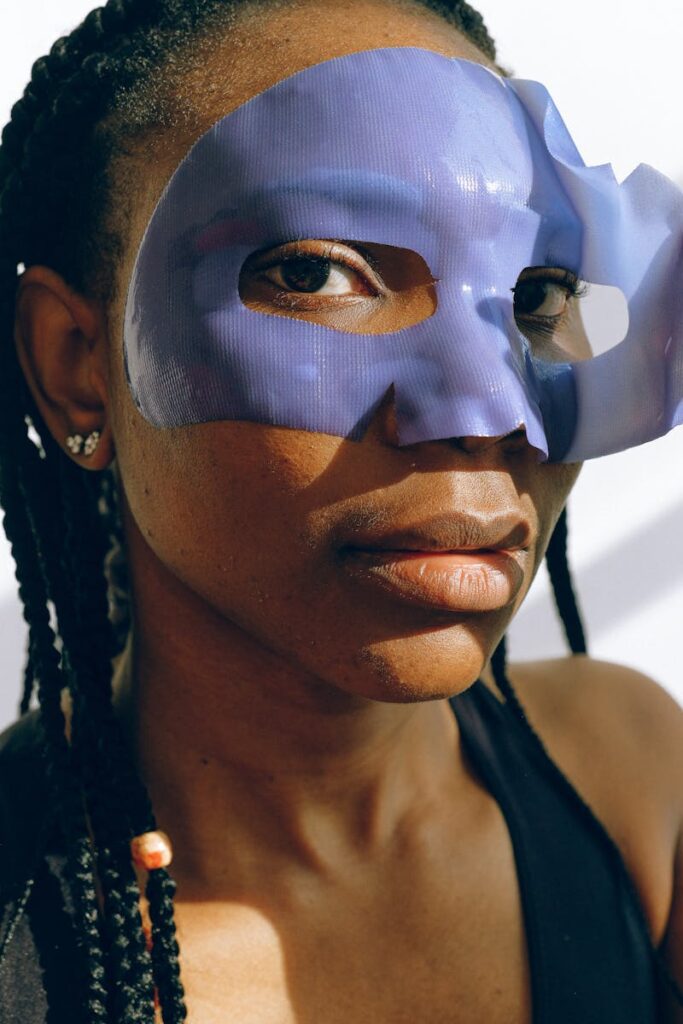
5. **DIY Face Masks with Harsh Ingredients**: DIY beauty treatments can be fun, but some recipes call for harsh ingredients like baking soda or vinegar, which can disrupt the skin’s pH balance. Dr. Gohara advises sticking to products that are dermatologically tested and designed for facial skin.
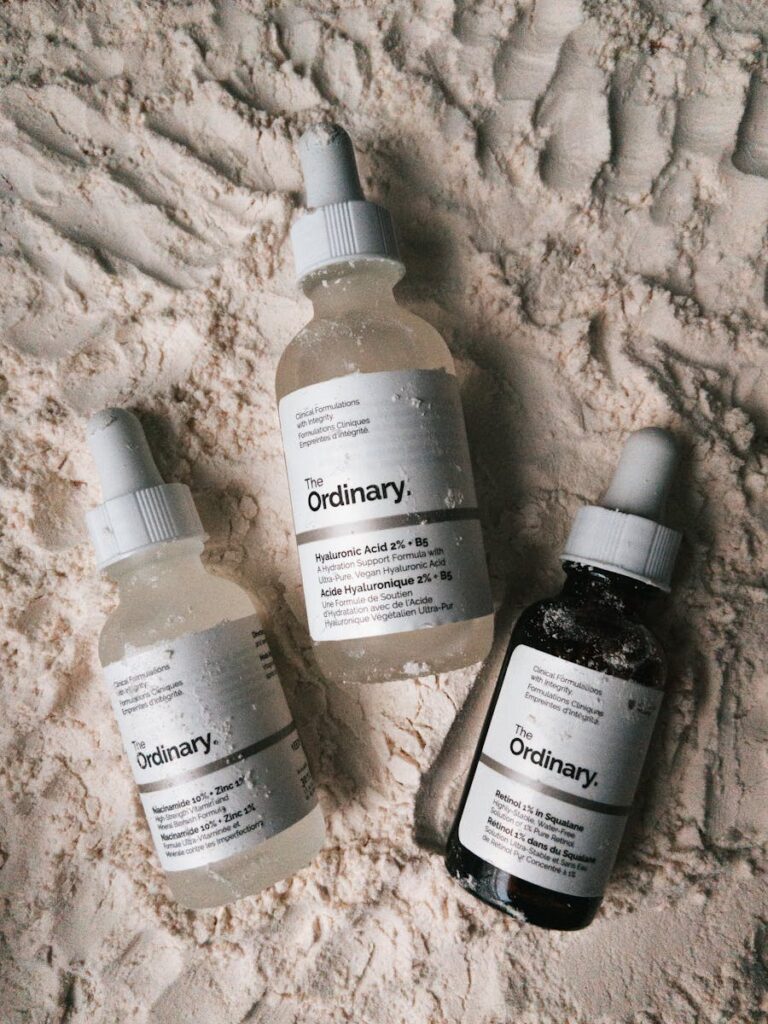
6. **Misusing Retinol**: Retinol is a powerful ingredient that can work wonders for your skin, but overuse can lead to retinol burn. Dr. Shereene Idriss cautions against using intense formulas too frequently and stresses the importance of a gradual introduction to your skincare routine.
Product on Amazon: CeraVe Anti Aging Retinol Serum For Face, Encapsulated Retinol With Hyaluronic Acid, Niacinamide & Ceramides, Smooths Wrinkles & Fine Lines, Gentle Skin Brightening Serum, Fragrance Free, 1 Oz
Price: $22.97
Rating: 4.6 with 24,197 ratings
Brand: CeraVe
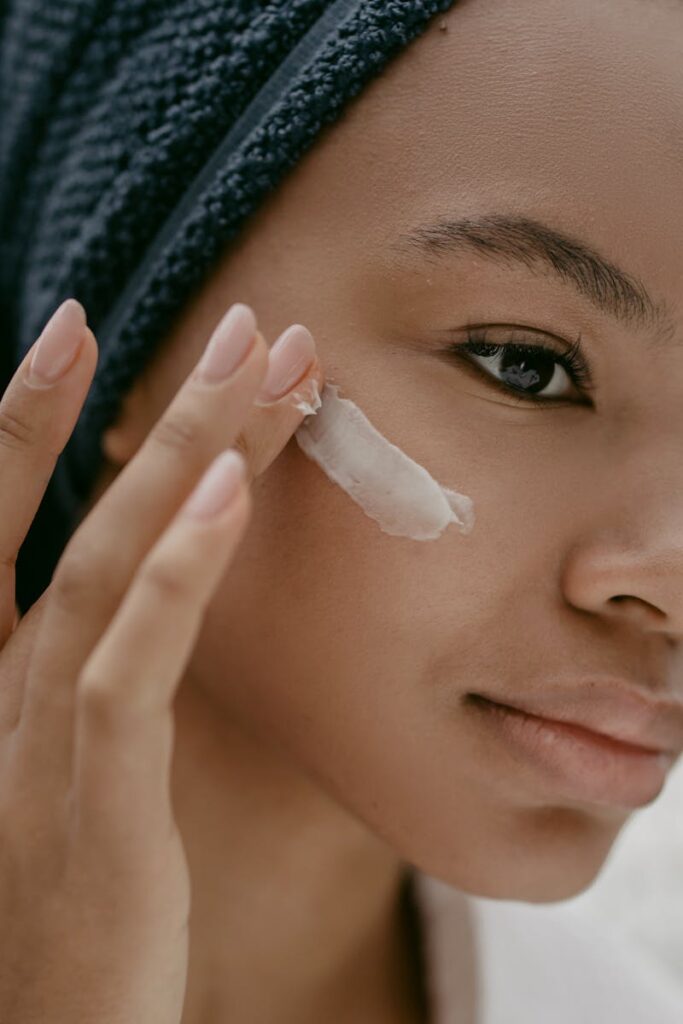
7. **Relying on Expensive Products Alone**: Price tags don’t dictate effectiveness. Dr. Hadley King points out that many drugstore products can be just as effective as their pricier counterparts. It’s more about how your skin reacts to a product rather than its cost.

8. **Consuming Excess Water for Hydrated Skin**: Although staying hydrated is crucial for overall health, the myth that drinking more water directly translates to better-hydrated skin doesn’t hold up. Dr. King suggests using moisturizers with humectants and emollients for improving skin hydration directly.
The beauty industry is full of advice, and while some tips are beneficial, others can be misleading. Understanding which practices to avoid can save your skin from unnecessary damage. Stay informed and consult with skincare professionals to ensure you’re following a routine that supports your skin’s health.
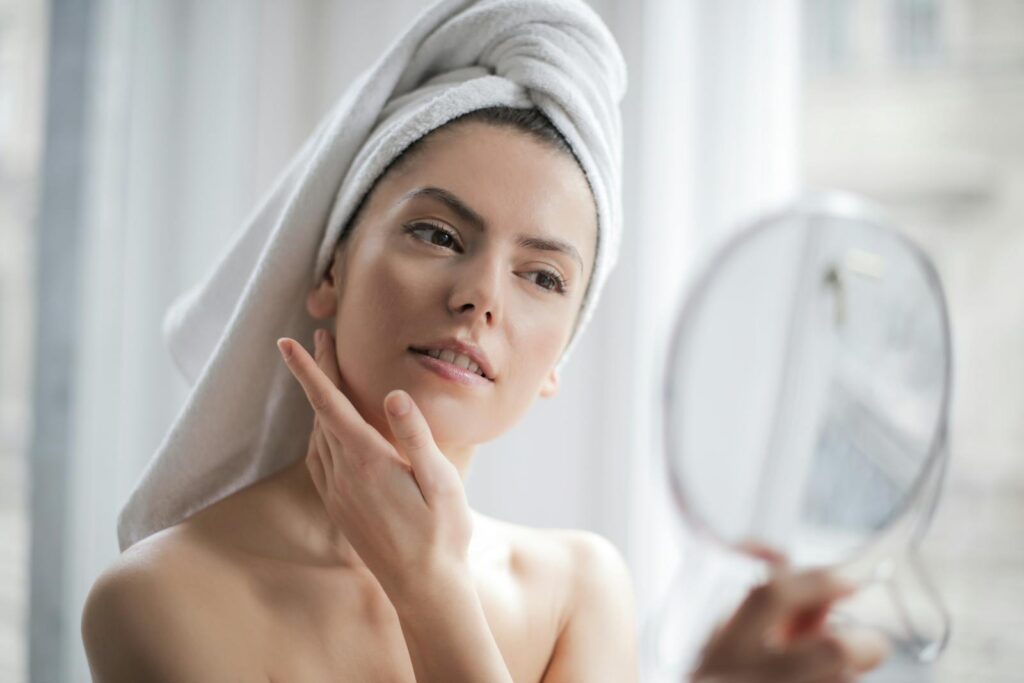
9. **Believing in the ‘Natural’ Myth**: There’s a widespread assumption that anything labeled as ‘natural’ or ‘organic’ is automatically good for your skin. While these labels can be appealing, they are not always synonymous with safety or efficacy. Dr. Hadley King highlights that, “just because an ingredient is natural does not mean it is safe for your skin.” Many natural substances can cause allergic reactions or irritations, and without proper formulation, they might lack the stability required for skincare products. It’s crucial to remember that the science behind skincare is just as important as the source of the ingredients.
Steering clear of natural ingredients that might not suit your skin type is essential. For instance, essential oils are a popular natural choice but are known to cause irritation for many. It’s always best to patch test any new product, natural or not, before integrating it into your routine fully.
10. **Over-Exfoliating**: In the pursuit of smooth, glowing skin, it’s tempting to exfoliate frequently. However, over-exfoliating can lead to more harm than good by stripping away the skin’s natural protective barrier. Dr. Mona Gohara explains that “excessive exfoliation can cause irritation, redness, and sensitivity,” leaving your skin vulnerable to environmental damage.
Rather than exfoliating daily, consider a gentler approach. Incorporate a mild exfoliator into your routine two to three times a week, and always follow up with a hydrating moisturizer to replenish your skin’s moisture barrier. Remember, when it comes to exfoliation, more isn’t always better.
The beauty industry is full of advice, and while some tips are beneficial, others can be misleading. Understanding which practices to avoid can save your skin from unnecessary damage. Stay informed and consult with skincare professionals to ensure you’re following a routine that supports your skin’s health.
Related posts:
10 Ways To Unclog Pores, According To Dermatologists
The Best Acne-Fighting Skincare Routine, According to Dermatologists
I’m a dermatologist – ignore 4 common skincare myths, JLo’s ‘beauty secret’ is bad for your face, despite what she says


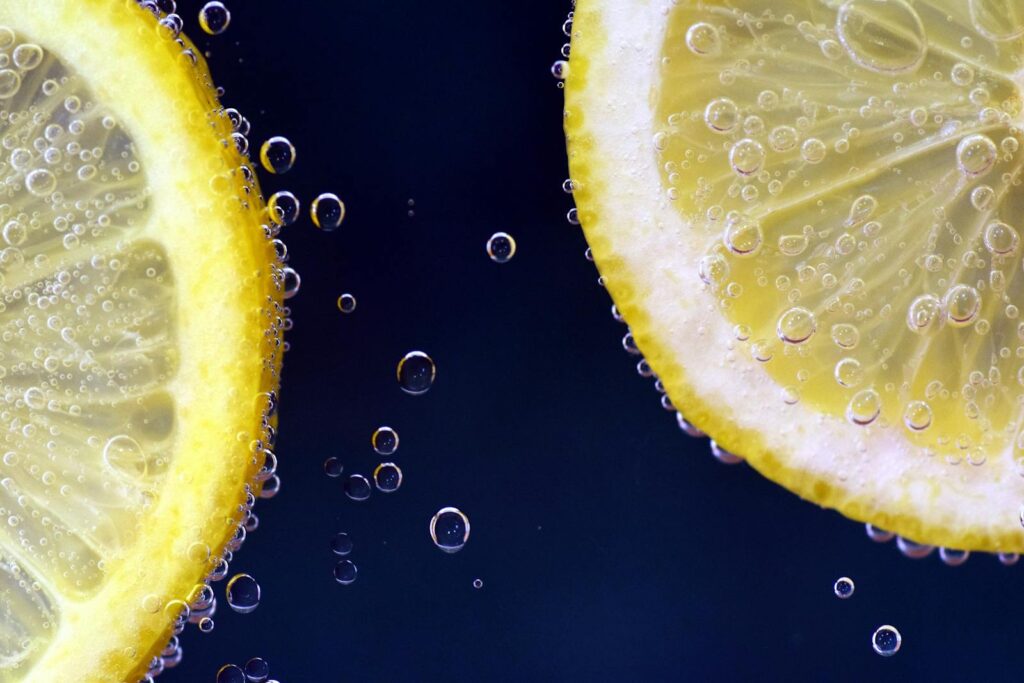
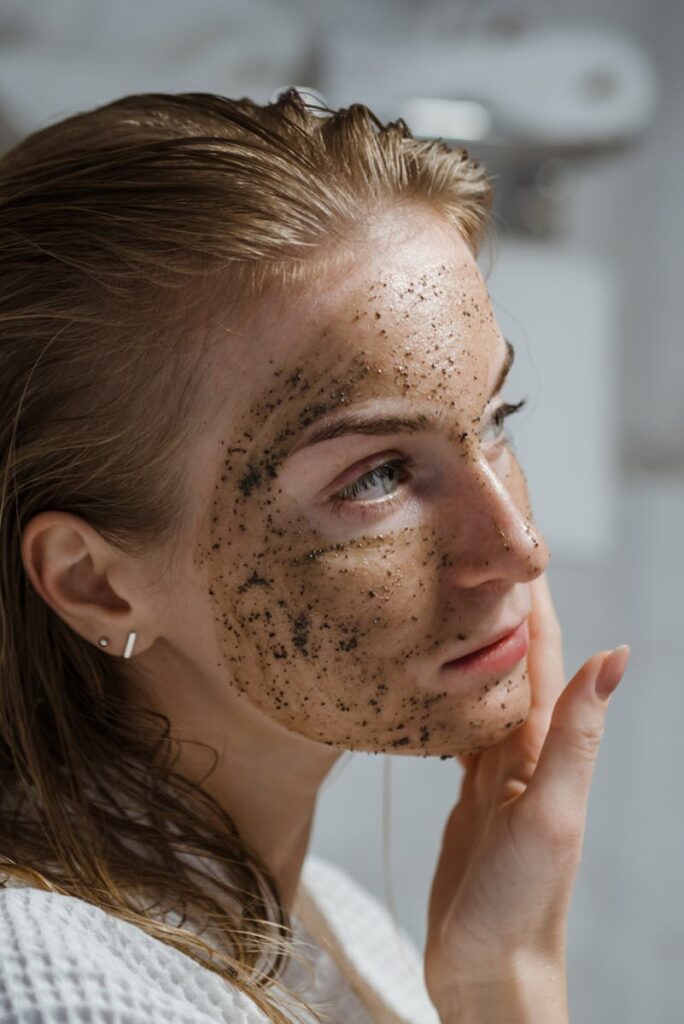

:max_bytes(150000):strip_icc()/kristen-stewart-051625-61aee10120d6411da7efd0f20efe64cc.jpg)
